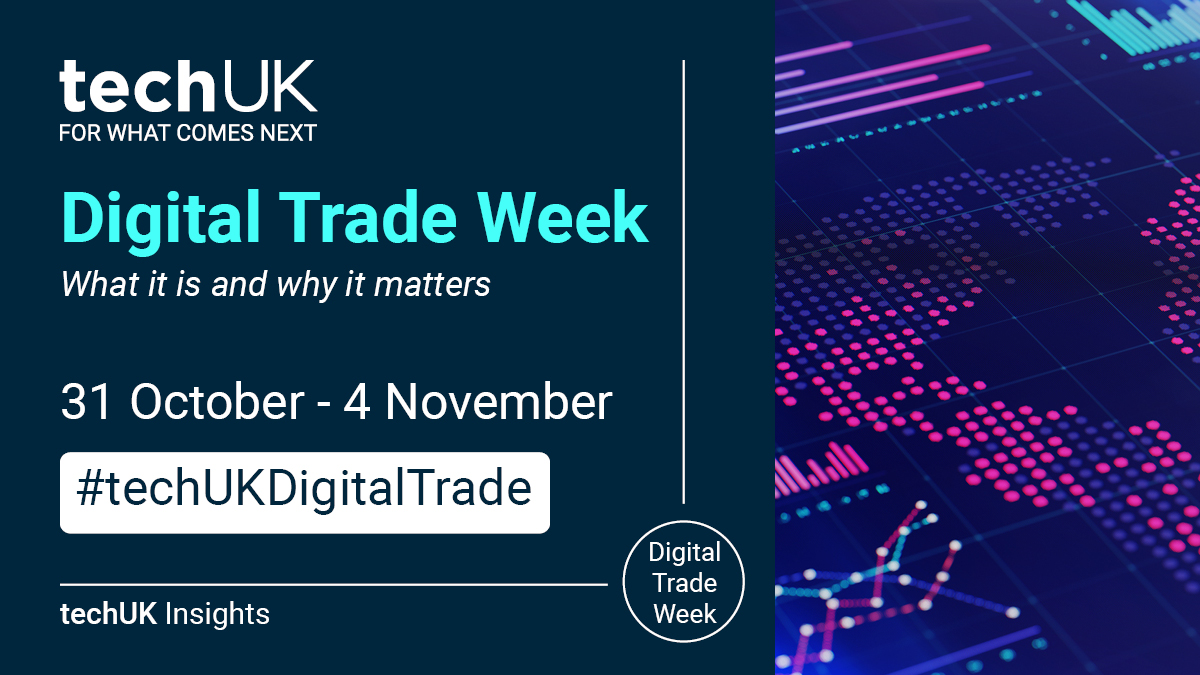UK-Australia Free Trade Agreement (FTA): capturing the benefits of digital transformation

Digital trade can make doing business easier, faster and cheaper by reducing transaction costs, improving market access and facilitating SME participation in global value chains. As digital technologies continue to transform global business processes, the ability to leverage the benefits of digital transformation remains at the top of CEO and executive minds.
Government plays an important role in this agenda. The UK and Australia remain at the forefront of the world’s digital trade rules, playing an active role at the WTO and ensuring that bilateral and regional trade deals include cutting edge provisions that maximise the opportunities of digital trade for businesses right across the economy.
As two services-driven economies with an eye on the future of business it is no surprise that the UK-Australia FTA is among the best in class when it comes to digital trade. Once ratified, our FTA will ensure the free flow of data for UK and Australian businesses, while committing us to high standards for personal data protection. It will prevent unjustified data localisation or requirements to transfer source code and ensure the legal recognition of electronic contracts, signatures and electronic trust services. In addition, our FTA outlines several areas of cooperation in the digital economy including cybersecurity, digital identities and data sharing. The deal also boasts the world’s first innovation chapter, allowing both countries to discuss the impact of novel discoveries on trade and how to collaborate on cross-cutting issues such as commercialising new technologies, and supply chain resilience.
As we head towards ratification of our landmark agreement next year, it is important for businesses to understand what these commitments mean for their bottom line. For example, reducing the “red tape” involved in buying and selling goods overseas could save British businesses up to £1.14bn over a 10-year period. Customers are becoming more aware of cyber threats and fraud, with higher expectations for privacy-preserving measures such as secure-by-design technologies, digital identity and safer methods of storing and sharing personal data. New business will emerge using blockchain, AI and other emerging technologies as solutions to these issues. We must get ready.
To ensure our FTA delivers for business, my team in Australia, as part of the UK government’s Asia Pacific Digital trade Network is focused on three areas:
- Ensuring that small businesses understand the benefits of digital trade, through workshops, participation at events and forums
- Identifying and supporting the growth of UK and Australian technology companies that can offer solutions to digital trade e.g. secure data sharing, innovative cybersecurity solutions and trade facilitation
- Prioritising the policy interventions and areas of bilateral cooperation that will advance digital trade and benefit business most
Tech UK’s UK-APAC forum provides a great platform to explore these issues in detail. In addition, please follow us at UKinAustralia or get in touch to participate in market visits to learn more about our work. Finally, I am always keen to hear from companies interested in digital trade so feel free message me direct with any questions, comments or ideas.

Caitlin Gheller, FTA Programme Manager updating Tech companies in Australia on the FTA



